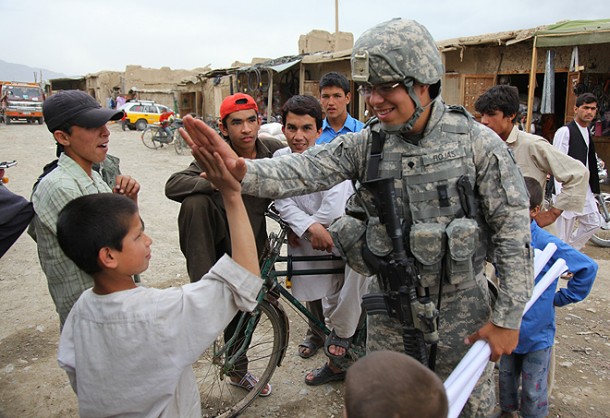U.S.A. I’m so disappointed, in everyone.
Those who know me, know that while I am vocal about certain issues in person, I rarely voice an outright opinion on the social media. In today’s world, social media delivers a flux of information so vast and so competitively that in an attempt to absorb the information, we fail to consolidate it adequately.
After two devastating wars in Iraq and Afghanistan people don’t realize how potent they have been in the emergence of well-organized insurgencies (the Taliban in Afghanistan, for example) and even more radical extremist organizations like ISIS. The US, as a powerful hegemon (a state with the greatest political, economic, and most importantly, military might) has followed a strange path in the provocation of wars to preserve the deteriorating international order.
Let me preface my stance with an important point: I oppose the current “strategy” in Iraq from an efficacy perspective. After thousands of American lives were lost in Iraq and Afghanistan, hundreds of thousands of Iraqi and Afghan lives lost, millions displaced, US policymakers *then* shifted from airstrikes to counterinsurgency (if you don’t know what I’m talking about read this). Note the quote on that page: “although the military’s purpose is to fight and win the nation’s wars, today’s Soldiers and Marines conducting counterinsurgency operations need to be prepared to perform additional tasks – not just kill or capture insurgents, but to be nation builders, assist in the rebuilding of infrastructure, and facilitate the establishment of local governance and the rule of law.”
Nation-building, establishing infrastructure, and most importantly, establishing legitimacy for the host government is THE ONLY way we can truly win this “war.” At the end of the day, this IS a war of ideas, a war to convince the preponderance of the civilian population to trust their government, and remind them, that if their government one day betrays them, they possess political mechanisms to oust that government and install another one. This is no easy task, and some may argue that “Middle Eastern people are not civilized enough to understand the tenets of democracy.” I would point to several studies conducted by a number of organizations that affirm a vast majority of the MENA population (the example I’m giving is Afghanistan) hope to ascribe to democratic rule.
The famous paradox of counterinsurgency is that “the best guns don’t shoot.” We half-assed this job in Iraq and withdrew, and are basically planning to do the same in Afghanistan. If Afghanistan turns into a mess in the next year or so (which it will—look at the Taliban making gains in areas near Kabul), don’t be surprised. While some believe counterinsurgency is synonymous with imperialism, please look back to COIN application in Germany, Japan, Malaya and the Philippines. When done right, this policy works pretty well, creating lasting, stable political institutions.
I am NOT pro-war. I am a firm believer in the Clausewitzian notion that war is a means to an end, not an end in itself. Only COIN–taken on by the US, or a coalition, and most importantly, the newly assembled Iraqi government–can save Iraq. John Nagl used an accurate metaphor to describe COIN: “Learning to Eat Soup with a Knife.” It’s messy, ardous and frustrating, but it can be done.

